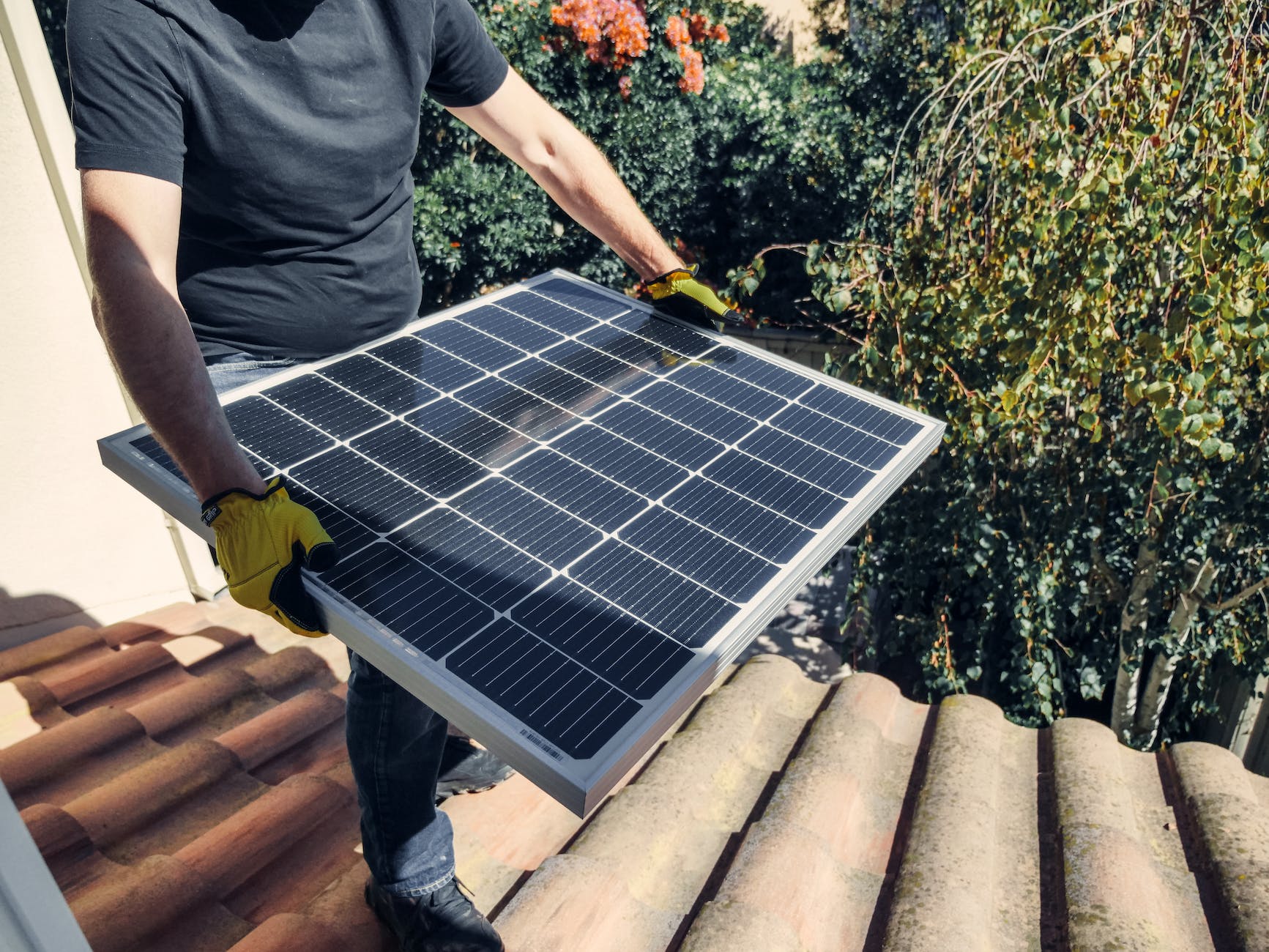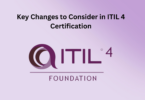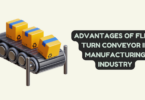
Solar Power System
When it comes to solar companies, there are a few different types of solar power systems. The most popular type is the solar panel system. With this system, solar panels take the sun’s energy and turn it into electricity that you can use at home or work. In this blog post, we will discuss the different types of solar panels and what each one is best suited for!
Selecting and Examining Solar Power Systems
When solar companies are choosing solar power systems for their customers, they must take several factors into account. One of the most important is the customer’s home or business location.
Different solar power systems are better suited for different environments. For example, solar panel systems are best for areas with plenty of sunlight, while solar thermal systems are better for areas with colder climates. Another important factor that solar companies consider when choosing solar power systems is the customer’s energy needs. They need to make sure that the solar power system can provide enough energy to meet the customer’s needs. They also need to consider any future energy needs that the customer may have. Solar companies also must consider the customer’s budget when choosing a solar power system.
Not all solar power systems are created equal in terms of price. Some systems are more expensive than others, but they may also come with more features and be more efficient. Solar companies need to find the right balance between cost and features that meets the customer’s needs. Choosing a solar power system can be a difficult decision for solar companies. But by considering the customer’s location, energy needs, and budget, they can make sure that they are providing the best possible solar power system for their needs!
How Does Solar Power Generate Electricity?
Renewable energy types like solar power use the sun to generate electricity. Solar panels are a green alternative to traditional forms of energy, and they work by converting sunlight into electrical power. Electrical energy derived from solar power can be used to operate lights, appliances, and other devices. Homeowners who want to reduce their dependence on fossil fuels or save money would do well by getting in touch with someone like SUNation Energy and investing in solar power!
By unlocking the potential of solar power generation, we can create a more sustainable future while also reducing our carbon footprint. Solar technology continues to evolve rapidly, with advancements in efficiency and storage capacity making it more accessible than ever before.
What are the parts of a solar power system kit?
The components in a typical solar power system kit are as follows:
- Solar panels
- Inverter
- Charge controller
- Cables
- Mounting hardware
Without solar panels, this project would fail as they rely on sunlight to produce electrical energy. The inverter takes the electricity from the solar panels and transforms it into a usable form for common home appliances. The charge controller manages the electricity moving to and from the batteries, while the cables link the solar panels to both the inverter and charge controller. The mounting hardware fastens the solar panels in place on a roof or another suitable surface.
What are the types of solar power systems?
There are three main types of solar power systems:
- Solar panel systems
- Solar thermal systems
- Solar PV systems.
Solar panel systems are the most popular type of solar power system. They use solar panels –
which captures the sun’s energy and converts it into electrical energy – to power homes or
businesses. Solar panels work best in areas that get a lot of sunlight throughout the day. Solar
thermal systems are another type of solar power system; however, they generate electricity using the sun’s heat rather than its light Solar PV systems are a type of solar power system that uses photovoltaic cells to convert sunlight into electrical energy. Solar PV systems are more efficient than other types of solar power systems and work best in sunny climates.
How Much Money Can I Save with a Solar Power System?
The price of solar energy systems differs based on the size and style of the system. Solar panel systems are the cheapest, while solar PV systems are the most expensive. However, solar PV systems are more efficient and can generate more electricity than other types of solar power systems.
Furthermore, the price tag of a solar power system fluctuates based on the brand and functions of the product. Some solar companies offer financing options to make the cost more affordable.
How to Size a Solar Power System When sizing a solar power system, solar companies need to consider the customer’s energy needs. They need to make sure that the solar power system can provide enough energy to meet the customer’s needs.
Future-proofing is important for any business, but especially for energy companies. They need to be able to anticipate and meet customer needs, both now and in the future. Solar power companies also must consider the customer’s budget when choosing a solar power system. Not all solar power systems are created equal in terms of price. Some systems are more expensive than others, but they may also come with more features and be more efficient. Solar companies need to find the right balance between cost and features that meets the customer’s needs.
Choosing a solar power system can be a difficult decision for solar companies. But by taking into account the customer’s location, energy needs, and budget, they can make sure that they are providing the best possible solar power system for their needs!
Why Should You Get a Solar Power System?
Solar power is a great option for several reasons. First, solar power is renewable, meaning it can be used again and again. Additionally, solar panels don’t produce emissions like other forms of energy do. This makes them much friendlier to the environment than options that run on fossil fuels. Solar cells are also reliable- even when it’s cloudy or not sunny out, they still work to generate electricity. Furthermore, installing solar panels is a financially savvy choice in the long
term because after they’re installed there are no more costs associated with using them (unlike electric bills from running traditional forms of energy).






